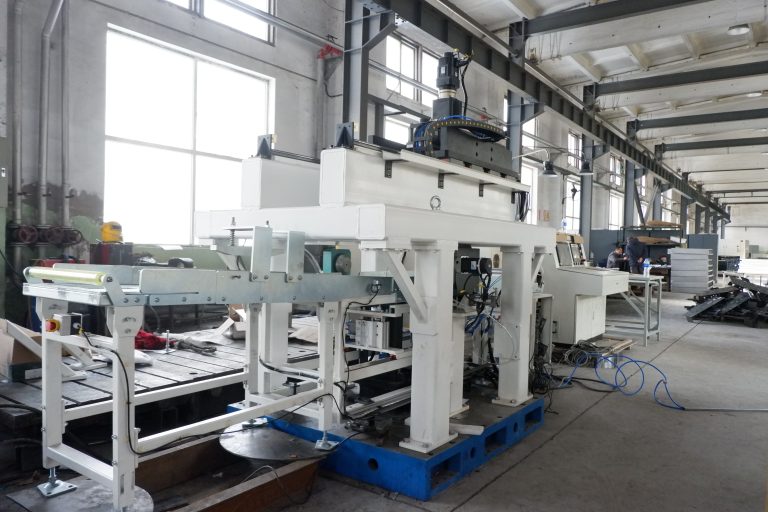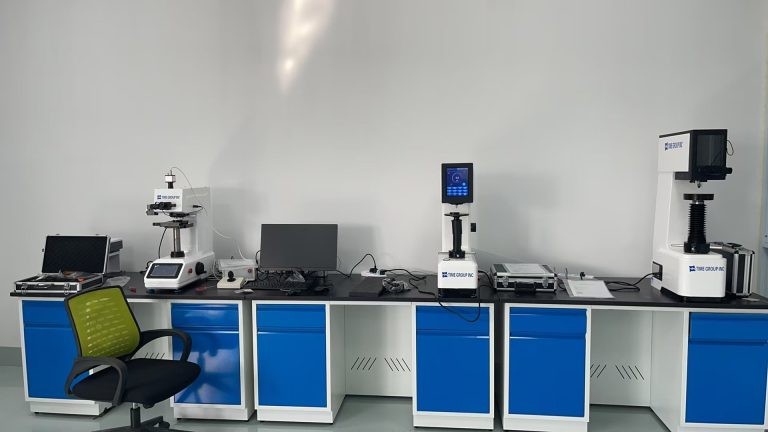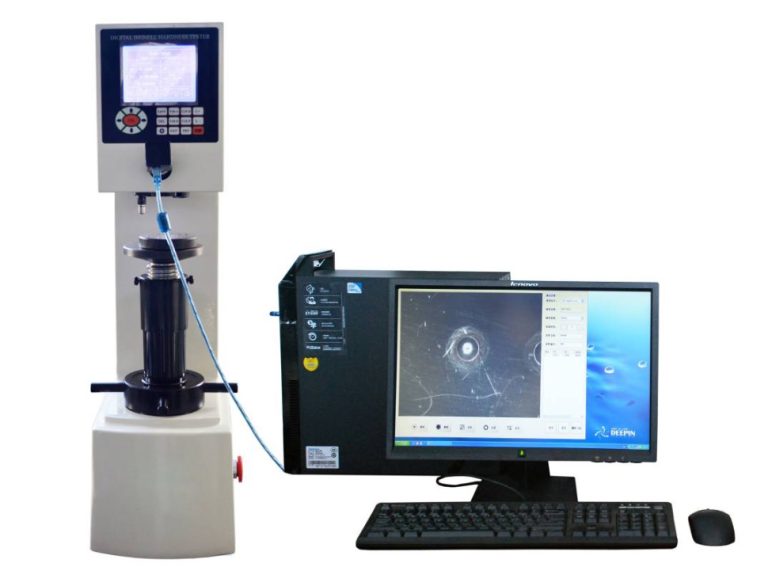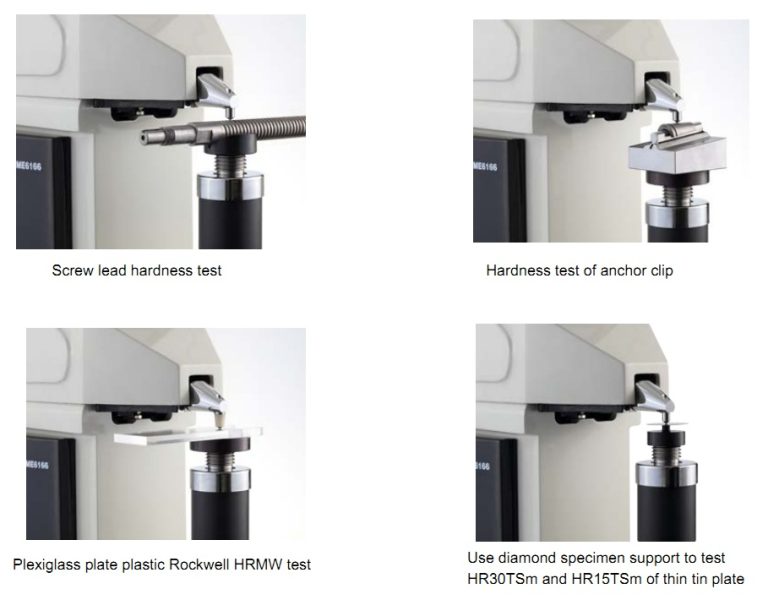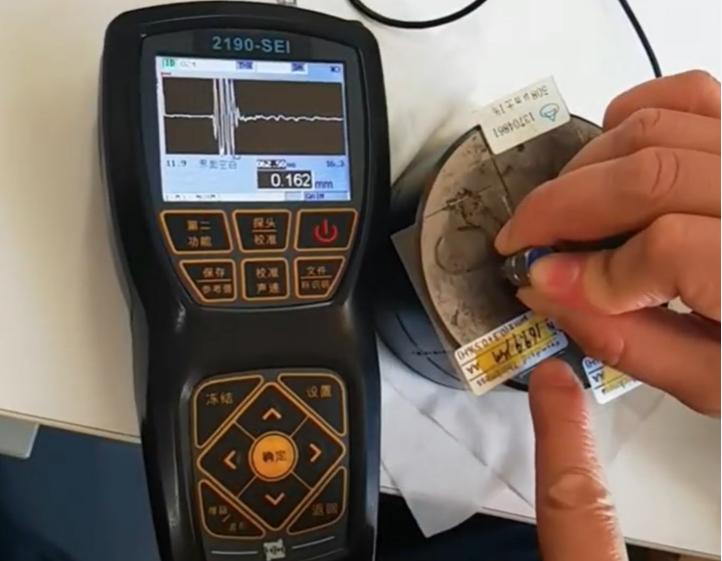The Spring Tension and Compression Testing Machine is a vital instrument used in various industries to evaluate the mechanical properties of springs. These machines are designed to apply controlled tension and compression forces to springs, allowing engineers and researchers to assess their performance under different conditions.
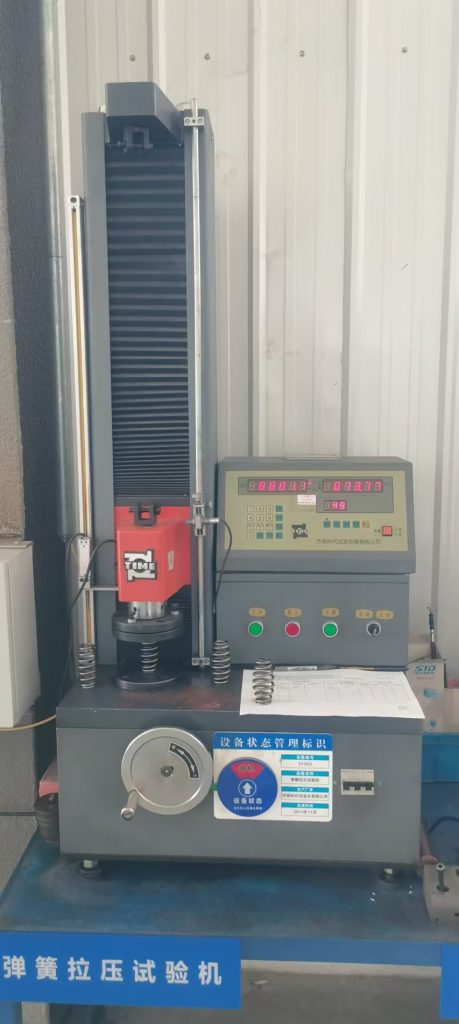
Importance of Spring Testing
Springs are ubiquitous in mechanical systems, serving critical functions in automotive, aerospace, consumer electronics, and many other applications. Understanding the behavior of springs under different loads is essential for ensuring the reliability and safety of products. The testing machine provides valuable data on key properties such as:
– Spring Constant (Stiffness): This indicates how much force is needed to compress or extend the spring by a certain distance.
– Yield Strength: The maximum stress a spring can withstand before permanent deformation occurs.
– Fatigue Life: The number of cycles a spring can endure before failure.
– Damping Characteristics: The ability of a spring to absorb energy and reduce oscillations.
Applications in Various Industries
1. Automotive Industry
In the automotive sector, springs play a crucial role in suspension systems, engine components, and various assemblies. The tension and compression testing machine is used to ensure that springs meet specific performance criteria, which is essential for vehicle safety and comfort. By simulating real-world conditions, manufacturers can identify potential weaknesses and improve spring design.
2. Aerospace Industry
Aerospace applications demand high reliability and performance under extreme conditions. Springs used in aircraft systems must withstand significant stresses and strains. The testing machine helps aerospace engineers evaluate spring performance, ensuring that components can endure the rigorous demands of flight while maintaining safety standards.
3. Consumer Electronics
In consumer electronics, springs are often used in mechanisms such as keyboards, cameras, and various moving parts. Testing the tension and compression properties of these springs ensures that they function correctly and have a long service life. Manufacturers can optimize designs based on testing data, leading to improved product reliability and user satisfaction.
4. Research and Development
In research laboratories, spring tension and compression testing machines are essential for studying new materials and designs. Engineers and researchers can experiment with different spring configurations, materials, and manufacturing processes. The data obtained from these tests can lead to innovations in spring technology and improved product performance.
The Spring Tension and Compression Testing Machine is an indispensable tool across multiple industries. Its ability to provide accurate and reliable data on spring performance allows manufacturers and researchers to optimize designs, enhance safety, and improve product longevity. As technology advances, the role of this testing machine will continue to grow, supporting the development of innovative solutions in various fields. Investing in quality testing equipment is crucial for any organization that relies on spring components, ensuring that they meet the highest standards of performance and reliability.

